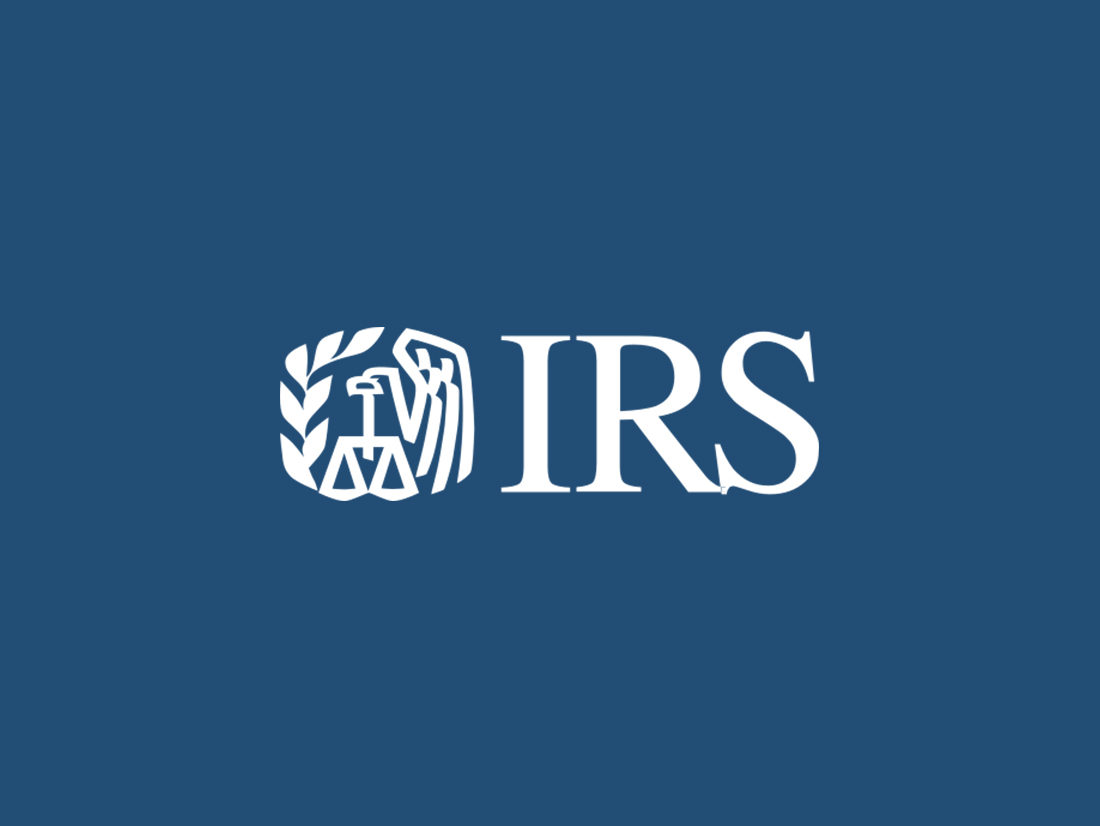
The dedicated legal team of Caputo & Mariotti
Digital Wealth Preservation: Navigating Estate Planning for Digital Assets
September 1, 2023
In today’s digital age, where our lives are increasingly intertwined with the online world, the concept of estate planning has evolved to include not only our tangible assets but also our digital ones.
Understanding Digital Assets
Digital assets are any online or electronic files that hold value, either monetary or sentimental. Examples include digital photos, emails, social media accounts, blogs, cryptocurrencies like Bitcoin, and digital media such as eBooks and music. These assets represent a new class of property that is intangible yet holds significant value.
The Rising Importance of Digital Assets
In the modern era, digital assets are becoming increasingly important due to the shift towards a more digitalized society. For instance, cryptocurrencies have emerged as a new asset class, with Bitcoin’s value skyrocketing, representing a substantial wealth storage method. Similarly, digital content created by individuals, such as blogs, photographs, and videos, can hold immense sentimental and monetary value. The proliferation of digital platforms and the exponential growth of user-generated content have elevated the importance of managing and securing digital assets effectively.
Estate Planning: A Shield for Digital Assets
Estate planning plays a pivotal role in preserving digital assets. It involves creating a plan in advance, detailing how one’s digital assets should be managed and distributed after their demise. Estate planners need to consider digital assets like any other property, ensuring their proper management and distribution. In Pennsylvania, specific laws govern the management of digital assets, emphasizing the need for clear instructions and legal documentation.
How Estate Planners Preserve Digital Assets:
- Inventory Creation: Estate planners assist in creating a comprehensive inventory of digital assets, including login credentials, to ensure that heirs can access them when needed.
- Legal Documentation: Clear instructions and legal documents are drafted to specify how each digital asset should be handled, considering Pennsylvania’s laws governing digital assets.
- Asset Distribution: Estate planners work with clients to decide how digital assets should be distributed, ensuring that the wishes of the asset owner are respected and fulfilled.
- Access Management: They help in managing access to digital assets, ensuring security and compliance with platform policies and state laws.
Specifications for Pennsylvania:
In Pennsylvania, the Revised Uniform Fiduciary Access to Digital Assets Act allows fiduciaries to manage digital property like computer files, web domains, and virtual currency, but restricts access to electronic communications such as email, text messages, and social media accounts unless the original user consented in a will, trust, power of attorney, or other record.
The Challenges of Preserving Digital Assets:


How an Estate Planning Attorney Can Help:
In the face of such complications and incidents, an estate planning attorney can offer invaluable assistance by providing legal guidance on compliance with digital asset regulations, advising on secure asset management solutions, and helping individuals incorporate digital assets into their estate plans effectively, thereby preventing legal disputes and ensuring the secure and proper management of digital assets.
Conclusion:
In today’s digital age, preserving digital assets is crucial due to the increasing value and complexity of such assets. Estate planning is essential for managing and protecting digital wealth against legal complications and security issues. An estate planning attorney can provide invaluable assistance, ensuring compliance with regulations and offering solutions for secure asset management. Embracing estate planning is vital for safeguarding our digital legacy in this ever-evolving digital landscape. For more information and expert guidance, visit Caputo & Mariotti.


